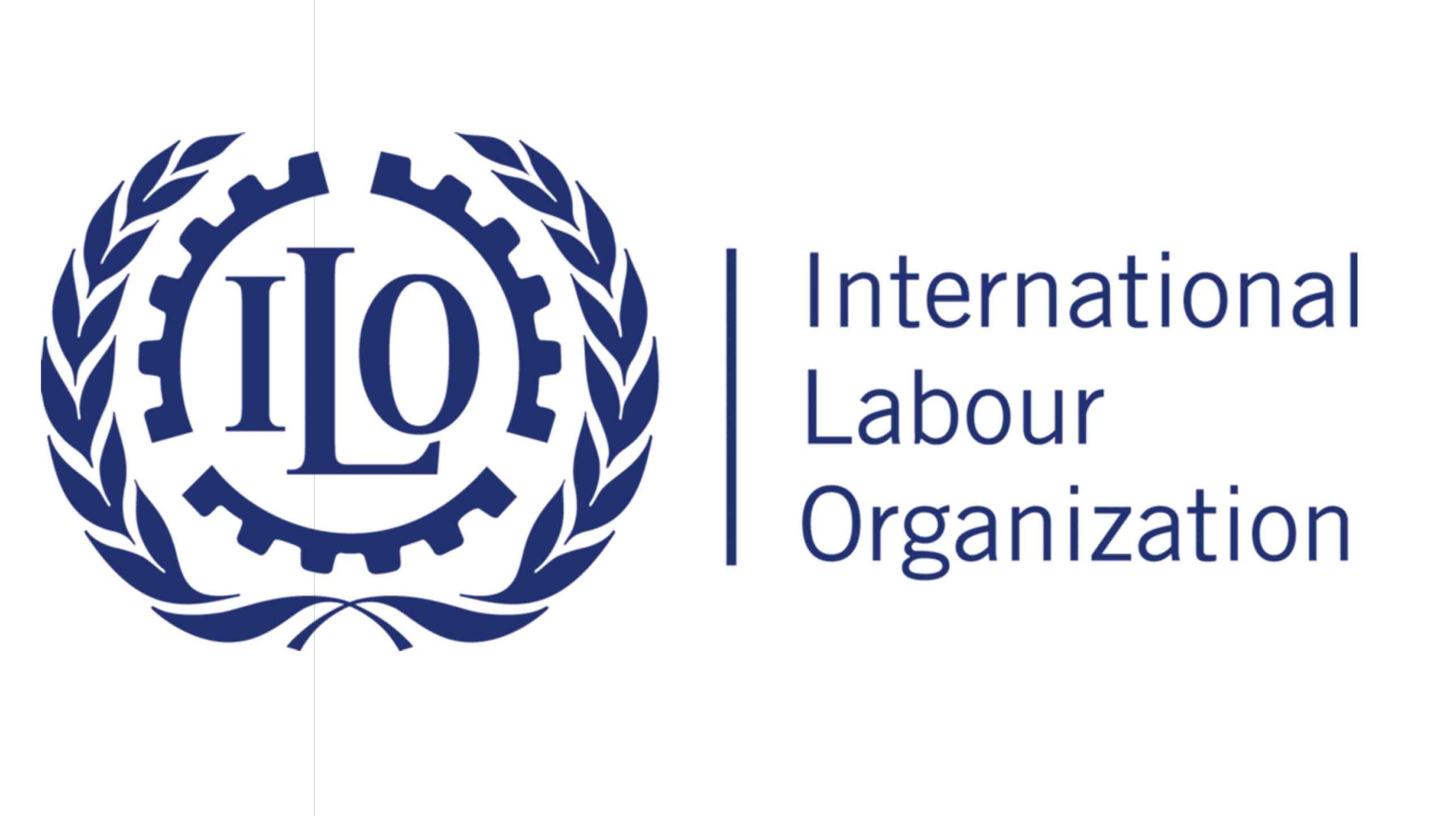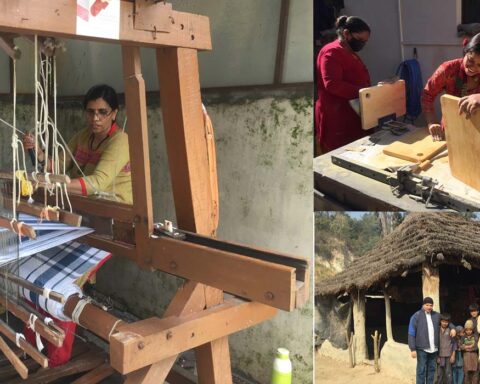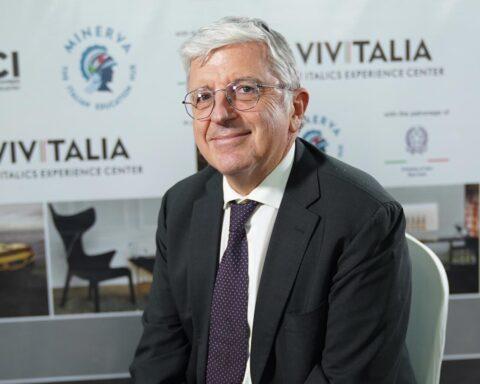The International Labour Organization (ILO) has welcomed the G20 leaders’ restated commitment to greater social justice and decent work, in the face of the “unparalleled multidimensional crises” facing the world.
In their declaration , issued at the end of the G20 Leaders’ Summit, the leaders reaffirmed their commitment to co-ordinated action to advance strong, inclusive and resilient global recovery and sustainable development that delivers jobs and growth.
Referring to the war in Ukraine, the leaders noted its adverse impact on the global economy, adding that the peaceful resolution of conflicts and the use of dialogue and diplomacy was vital. “Today’s era must not be of war,” their Declaration said.
In a speech to the leaders the ILO’s Director-General, Gilbert F. Houngbo, said, “we need a new collective effort to manage, exit and prevent these crises”. He cited the need to strengthen income security and target support towards the most vulnerable and called on the G20 to support the Global Accelerator on Jobs and Social Protection for Just Transitions , an initiative launched by the UN Secretary-General, Antonio Guterres. The Accelerator, the Director-General said, could mobilize the multilateral system’s capabilities and provide an important part of the solution to the extraordinary challenges facing the world.
In the Declaration the leaders underlined that mitigating the adverse impact of current trends on the labour market remained an “utmost priority”. “We remain committed to the promotion of decent work, and the elimination of child and forced labour…. [and] to a human-centred, inclusive, fair sustainable approach that leads to greater social justice, decent work and social protection for all,” they said. The Global Accelerator was highlighted among a number of international initiatives “to advance international collaboration in order to recover together, recover stronger”.
The latest edition of the ILO Monitor on the World of Work , published last month, said that both unemployment and inequality look set to rise, while rising inflation is causing real wages to fall in many countries, threatening labour market recovery worldwide.
In a leaders’ discussion of digital transformation, Director-General Houngbo told the leaders that while such transformations bring many opportunities, they are often “accompanied by challenges related to irregular work and income; non-payment, or low payment of taxes, poor regulation of working conditions, and the lack of social protection, freedom of association or collective bargaining”. He called on the Leaders “to improve the quality of employment, and create the conditions for digitalization to fulfil its positive potential to advance decent work”.
The leaders also reaffirmed the importance of creating an inclusive labour market, and “the need for support towards just transitions”. They restated their support for the goal of universal social protection for all by 2030 and the other objectives of the 2030 Agenda for Sustainable Development (the Sustainable Development Goals).
The leaders reiterated their earlier commitments to close the gender pay gap and reduce youth unemployment and endorsed an Action Plan on Accelerating and Monitoring the G20 Principles for the Labour Market Integration of Persons with Disabilities, along with the other annexes adopted by G20 Labour and Employment Ministers earlier this year.
The G20 Leaders’ Summit was held in Bali, Indonesia, 15-16 November, at the end of the Indonesian Presidency of the group. The Indian Government will assume the G20 Presidency from 1 December 2022.

























